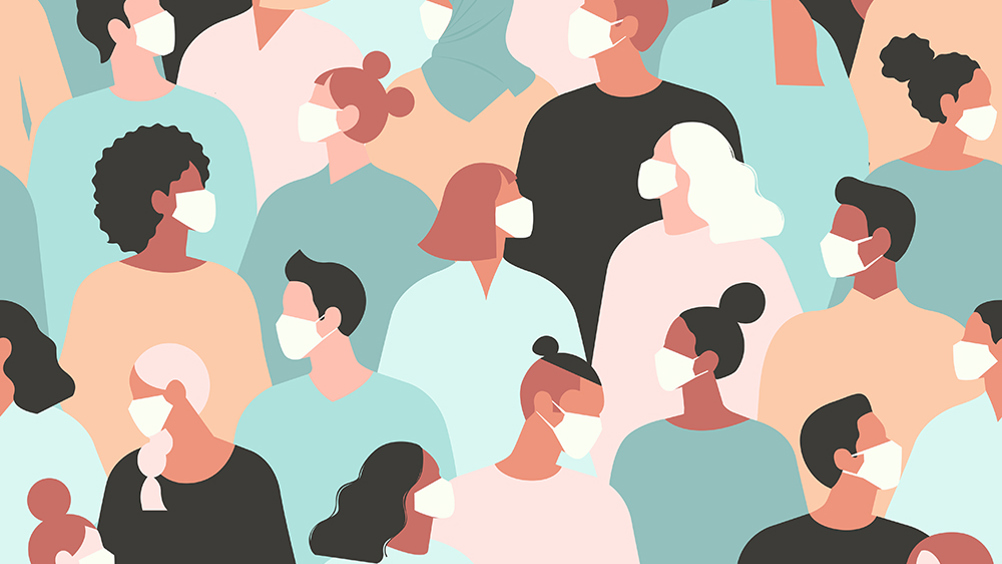References
The exacerbation of inequality during the COVID-19 pandemic

The coronavirus pandemic has undoubtedly challenged every facet of society. However, the resulting impact has disproportionately affected individuals from disadvantaged and underprivileged backgrounds. The literature demonstrates that those from deprived areas are more likely to acquire and suffer from COVID-19, highlighting the existence of stark health inequalities in England and other parts of the UK (Marmot et al, 2020).
Disparities in society have always existed; however, the pandemic has exposed and intensified pre-existing divides. In fact, the virus has seemingly exacerbated the societal inequities that define contemporary British society. These inequalities represent systemic, avoidable and unjust differences in health between different groups of people. Further, serious illness and mortality are typically increased due to factors that disproportionately affect those with poor socioeconomic status (Whitehead et al, 2021). This includes people living with diabetes, obesity, hypertension and cardiovascular diseases, which are unequally distributed and more abundant in the most deprived areas (Centers for Disease Control and Prevention, 2021).
Register now to continue reading
Thank you for visiting British Journal of Nursing and reading some of our peer-reviewed resources for nurses. To read more, please register today. You’ll enjoy the following great benefits:
What's included
-
Limited access to clinical or professional articles
-
Unlimited access to the latest news, blogs and video content

